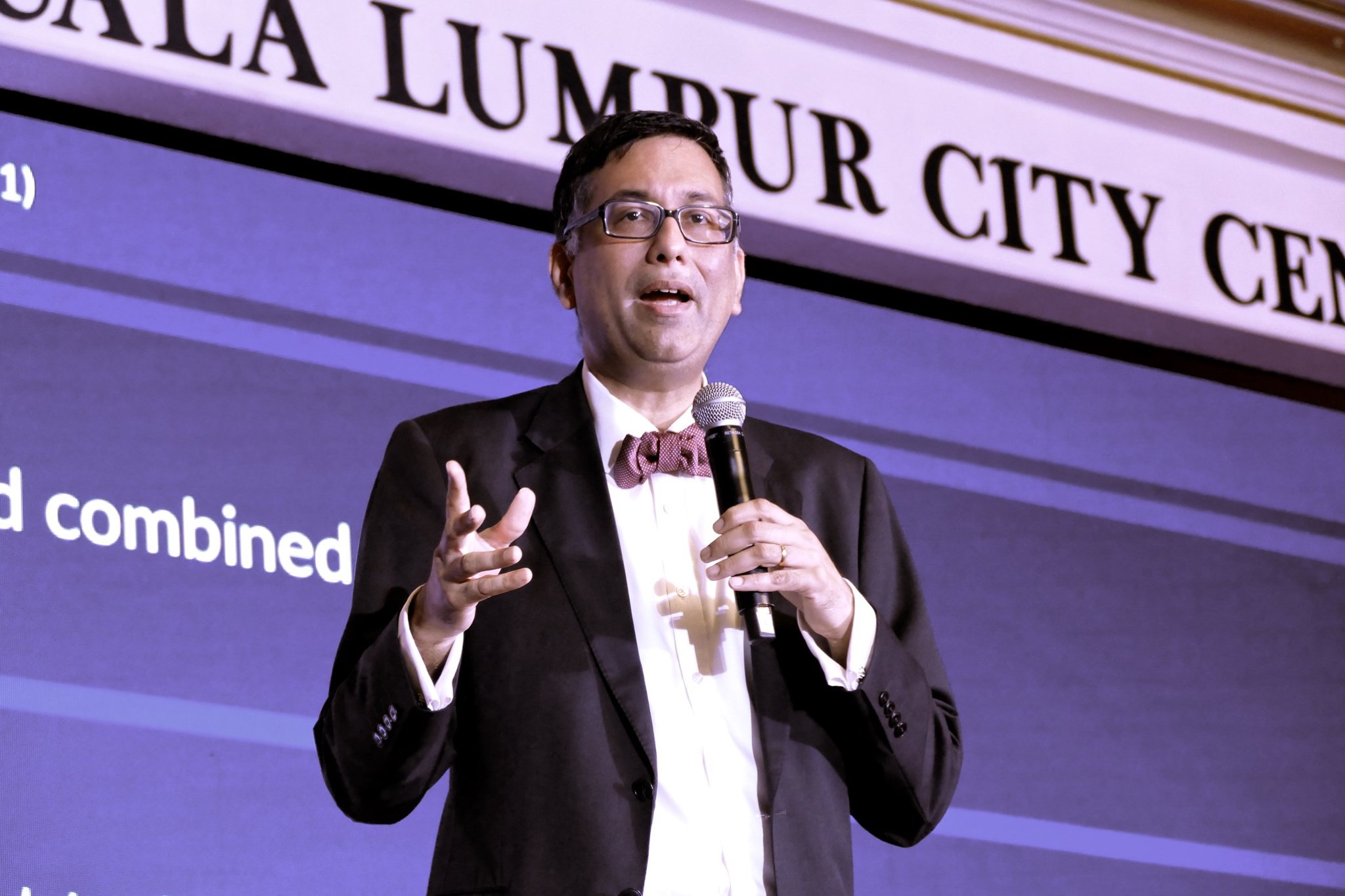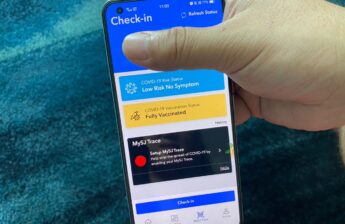KUALA LUMPUR, May 11— Medical professionals have urged Malaysian patients to continue follow-up treatment for non-coronavirus conditions amid relaxed lockdown measures to avoid costly and possibly fatal health implications.
Association of Private Hospitals of Malaysia (APHM) president Dr Kuljit Singh noted that many patients have chosen not to seek treatment despite seeing early signs of potentially dangerous illness.
“Heart attacks and strokes are often not seen in the hospitals recently because of the fear of contracting Covid-19,” wrote Dr Kuljit in his article “Are hospitals safe during Covid-19 pandemic?”.
Medical professionals interviewed by CodeBlue voiced their concerns of a “catastrophic effect” that might be imposed on Malaysia’s health care system, as problems from treatment delays begin to arise from patients with other medical conditions, including uncontrolled non-communicable diseases (NCDs).
“With this pandemic likely to go on for months, if not a year or longer, we need to make sure people are getting timely care for all of the things that they need. And that means if someone is having something that on any other day, they would visit their doctor, then they should visit their doctor,” said Dr Kuljit.
“The risks posed by other medical conditions, if neglected or delayed, are far greater than risks posed by Covid-19.”
Dr Kuljit Singh, president of the Association of Private Hospitals of Malaysia (APHM)
Dr Kuljit said people with uncontrolled diabetes or hypertension would most likely suffer severe disease in the event they contract Covid-19. Even if they don’t get infected with the novel coronavirus, they may still end up in an emergency from not taking their medications or seeing their doctors regularly.
“That is going to further burden our hospital emergency (department); the health care cost will go up.”
Dr Milton Lum, an obstetrician and gynaecologist at Alpha Specialist Centre in Kota Damansara, Selangor, similarly said medical consultations for pregnancy and NCDs like diabetes, high blood pressure, and cancer are necessary because “poor control, compliance or supervision can have long-term consequences”.
During the Movement Control Order (MCO) imposed from March 18, the private health care sector saw a steep drop in revenue as patients avoided visiting hospitals and clinics, possibly due to a fear of contracting the coronavirus at medical facilities. The MCO has since been relaxed under the Conditional Movement Control Order (CMCO) from May 4 to June 9.
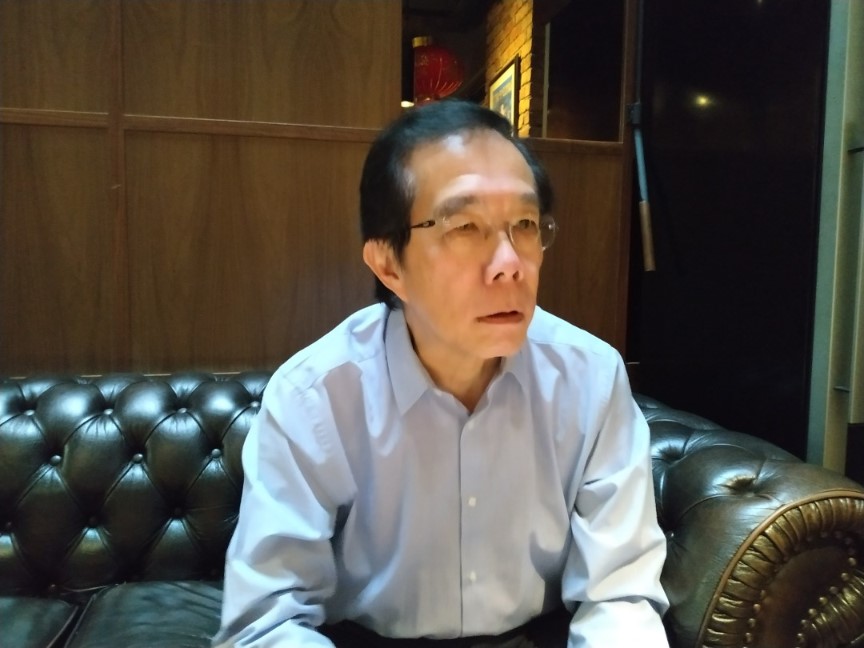
To further emphasise safety from Covid-19 within private facilities, Dr Kuljit explained that Covid-19 patients are not treated in private hospitals, and any patients who test positive for the coronavirus are immediately channelled to government hospitals to receive treatment.
“The patients have to be negative. All of our patients who are getting surgery and all patients in the wards have all been tested negative, only then will we treat those patients,” said Dr Kuljit.
“Hospitals are safe. Come to the hospital. See your doctors regularly as you should.”
The global demand for personal protective equipment (PPE) skyrocketed ever since the global outbreak of Covid-19. On March 2, the World Health Organization (WHO) urged industry and governments to increase manufacturing of PPE by 40 per cent to meet the rising global demand and to overcome the global shortage of PPE that is endangering health workers worldwide.
A survey among Malaysian health care workers (HCW) conducted from April 13 to April 19 found that majority of those at private clinics and hospitals do not feel that they have adequate protective gear, with nearly a third of respondents at private facilities stating that they had treated possible or confirmed Covid-19 patients without enough PPE.
As of April 23, the survey authors noted, 325 Malaysian HCW have been infected with Covid-19, accounting for 5.8 per cent of the country’s cumulative cases.
“I think that we do have enough PPE, but it may not be so freely available because not just in Malaysia, but all countries in the world are looking for PPE,” said Dr Kuljit.
“We do run a little low on some stuff, but they are still adequate. We still get PPEs from countries who are manufacturing it. The only problem is sometimes the PPEs will be expensive because of the high demand.
“So far, we make sure we are fully protected, we haven’t had any case where the doctors are not protected because of running short of PPE. It is adequate but we are very careful that we don’t waste the PPE.”
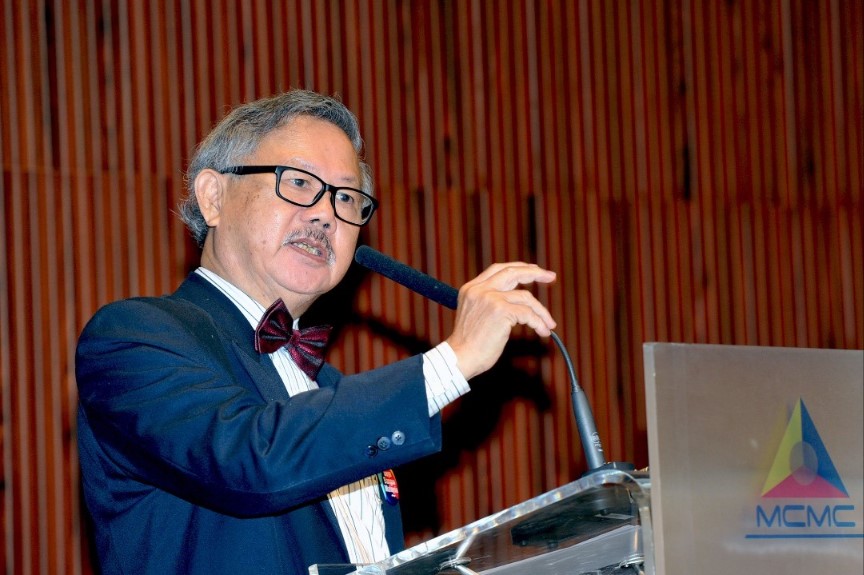
Similar issues with the cost of PPE were also raised by Dr Steven Chow, president of the Federation of Private Medical Practitioners’ Associations, Malaysia (FPMPAM).
“By now, each clinic would have been able to acquire their stocks of PPE, sufficient for their use at their own cost, albeit at a much higher cost due to the demand and supply issue,” Dr Chow told CodeBlue.
He also mentioned that FPMPAM was able to supply to its members face shields that were made and donated by a group of well-wishers.
As for guidelines and standard operating procedures (SOP) for prevention and control of Covid-19, doctors and health care workers in hospitals and clinics follow general infection prevention and control protocols even before the Covid-19 pandemic, according to Dr Lum.
Such practices prevent transmission and provide protection against most infectious or communicable diseases.
“However, with Covid-19, additional measures like masks, face shields and gowns are necessary,” said Dr Lum.
All private hospitals follow strict guidelines set by the Ministry of Health (MOH), according to Dr Kuljit. He also added that most private hospitals have additional SOP in place created to fit their unique situation, given their different infrastructure, flow of patients, and different specialty services provided.
Dr Lum noted that in the few cases of patients who attended private hospitals and were later found positive for Covid-19, “the private hospitals concerned have been very transparent in promptly informing the public about the incident(s) and the measures taken to address it.”
He also pointed out that the majority of patients who consult general practitioners (GPs) do not have symptoms of Covid-19.
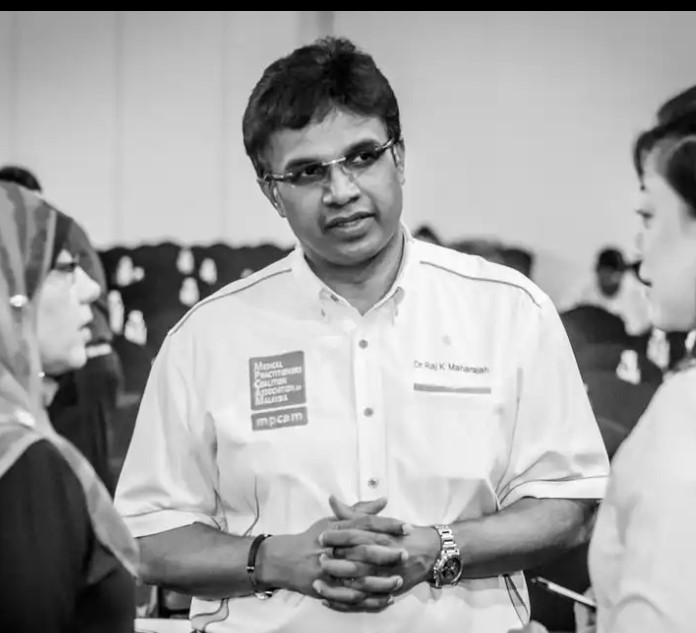
Medical Practitioners Coalition Association of Malaysia (MPCAM) president Dr Raj Kumar Maharajah shared that at his clinic, a short message service (SMS) system is used for registration of patients and appointment bookings.
The patient is instructed to wait in the car until they receive an SMS from the clinic, notifying that it is now the patient’s turn to enter the clinic for his or her consultation. The previous patient would have left the clinic before the next patient is instructed to enter the facility, so as to minimise human contact between patients in the waiting area.
In addition, Dr Raj Kumar also noted that most clinics have moved to telemedicine to better serve the community.
“Most clinics have embraced telemedicine where they are consulting their regular patients with common illnesses through the telemedicine portal.
“This gives patients the opportunity to still discuss their health issues with their family doctor, while being in the comfort of their homes, minimising contact and exposure,” said Dr Raj Kumar.
When asked about whether doctors and HCW regularly undergo Covid-19 testing or screenings before they see a patient, given that the nature of their work categorises them as “high-risk” in terms of the probability of contracting Covid-19, Dr Kuljit said it would be redundant to do so at this point.
“Throughout the world, there is no testing regulation on the HCW, the reason being is you can be exposed to it every day and you cannot test yourself every day for it.
“Any HCW, basically in the world, is being followed. If you want to check all HCW daily or once a week or every 10 days, it doesn’t make sense. Of course, when you have rapid tests, maybe that might become an option, but right now that is not an option.”
The MOH Guidelines on Covid-19 Management No. 5/2020 (updated 24 March 2020) has yet to list rapid test kits for Covid-19 screenings in the private sector, according to MOH’s Private Medical Practice Control Section (CKAPS) FAQ dated May 6.
The guideline only recognises rt-PCR tests as the gold-standard test at the moment, where samples are obtained through nose and throat swabs and sent to labs.


